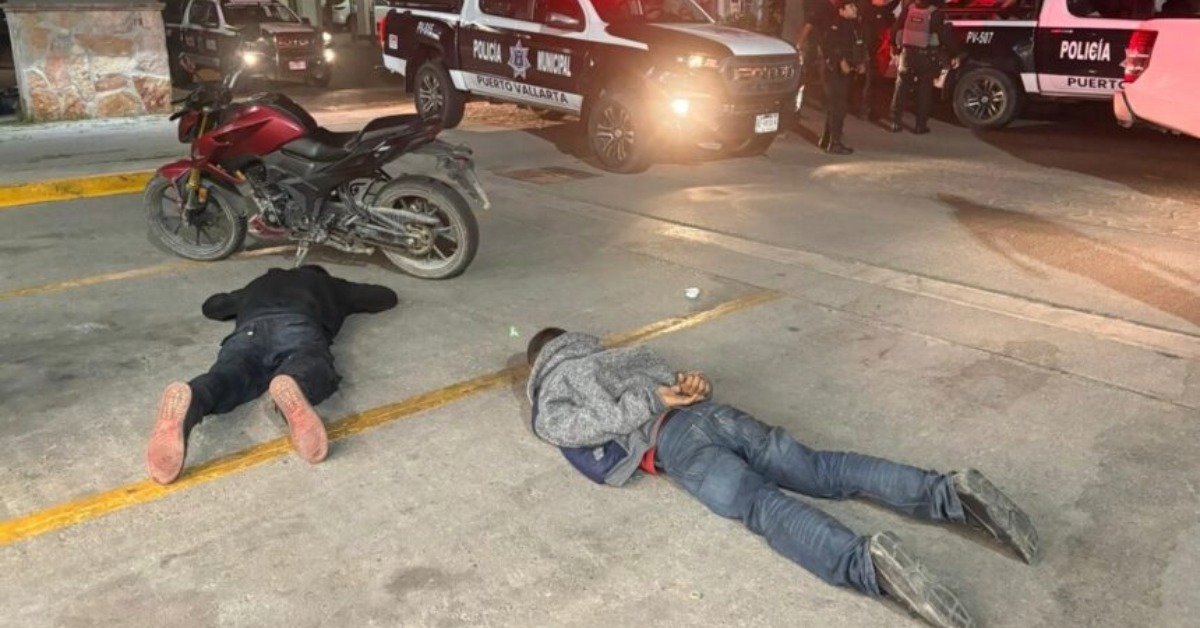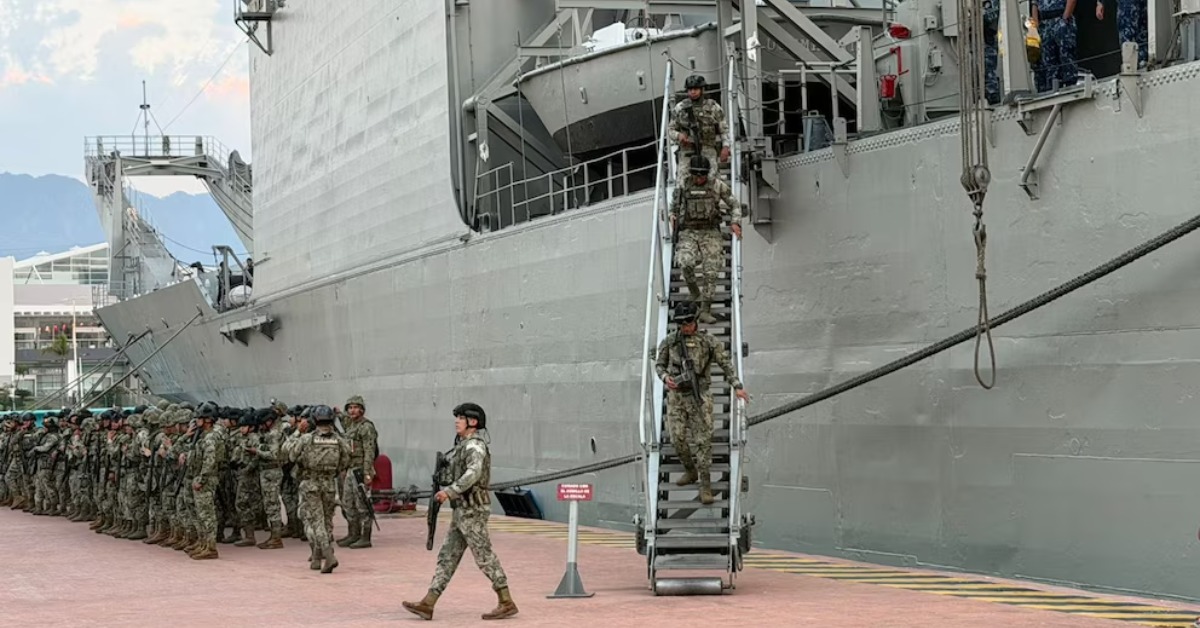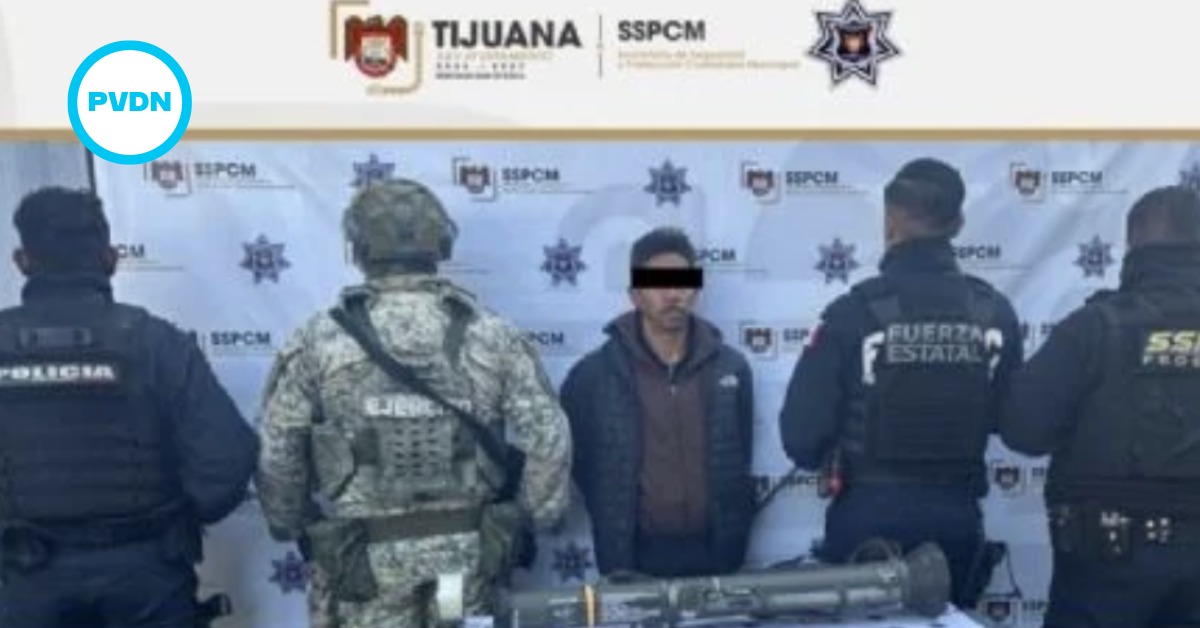A community-focused policing program that has produced positive results in one of Mexico’s most violent states suggests that alternative forms of policing could be a way forward to quell rising violence, but the question remains: can they help tackle organized crime?
Under the program — which was established in 2015 in Morelia, the capital city of southwestern Michoacán state, by local police chief Bernardo León Olea — lawyers, psychologists and social workers cooperate with police to provide victim support, and community meetings are held to improve public relations with the police, the New York TimesRead Full Story






